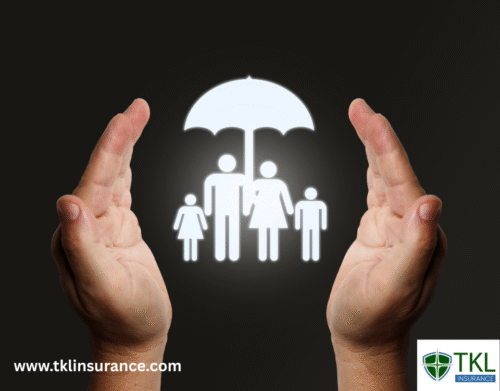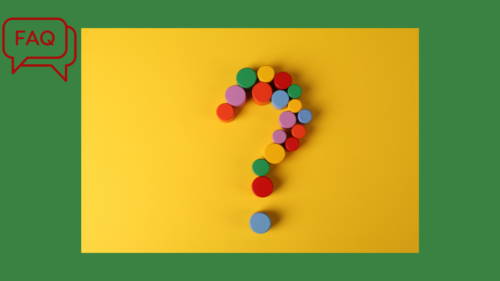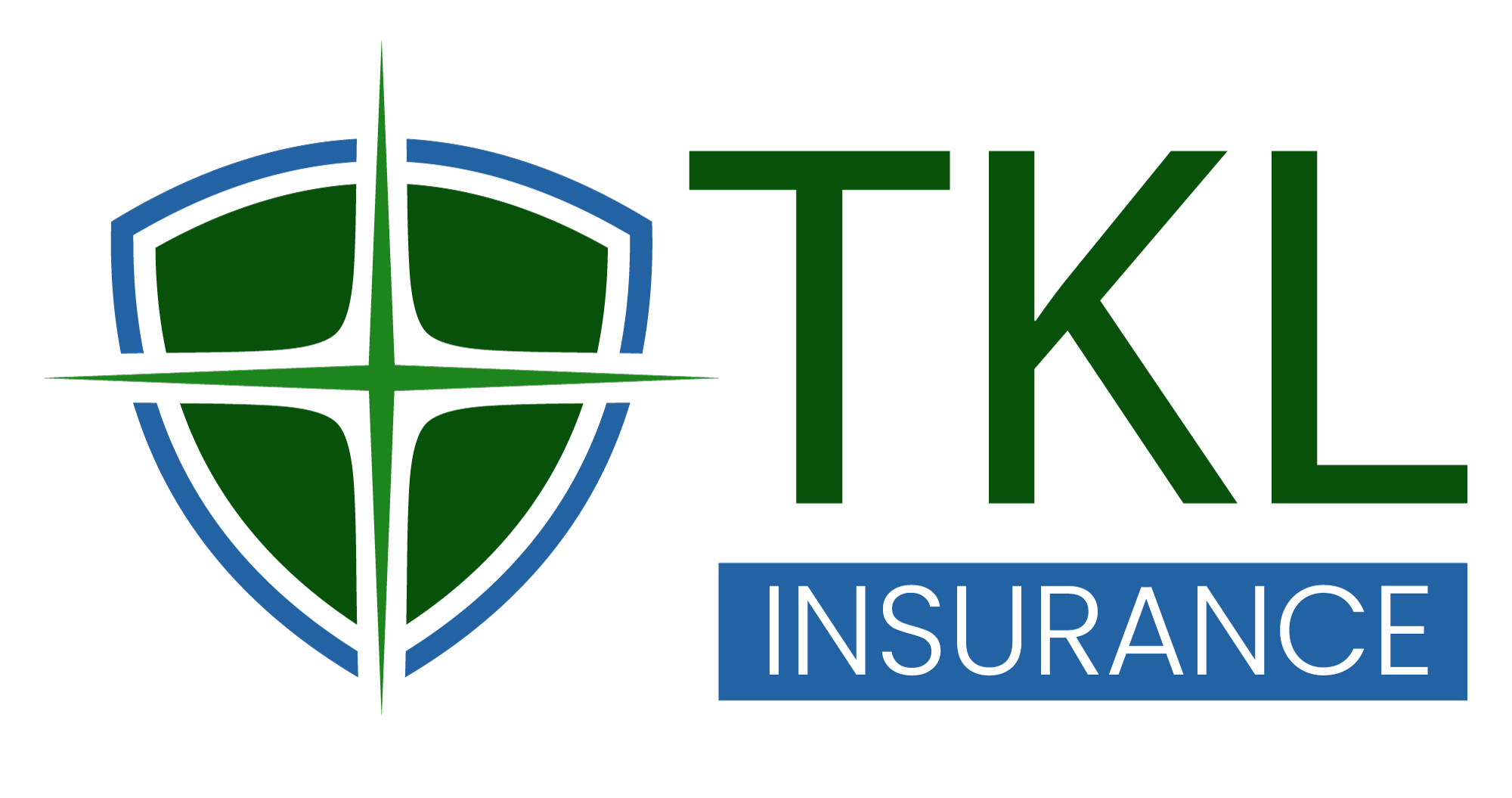Pros and Cons of Life Insurance: Surprising Truths You Must Know

Definition and Types of Insurance (Explained with Examples)
July 7, 2023
Exploring the Majestic Landscapes of Iceland
July 14, 2023Table of Contents
TogglePros and Cons of Life Insurance: Surprising Truths You Must Know
Discover the surprising pros and cons of life insurance in simple terms. Learn how it protects your family, when it’s worth it, and what hidden drawbacks to avoid.
1. Introduction:
In today’s uncertain world, one of the most important ways to protect your family’s financial future is through life insurance. While life insurance offers several well-known benefits, there are also lesser-known challenges to consider. In this article, we will explore the pros and cons of life insurance, including some surprising facts that most people overlook.
By the end of this post, you’ll have a better understanding of how life insurance works, why it’s essential, and when it may not be the best fit for you. Let us discuss the pros and cons of Life Insurance in detail.

2. What Are the Pros & Cons of Life Insurance:
Let’s break down the pros and cons of life insurance to help you decide if it’s right for your personal or family needs.
Pros of Life Insurance:
A) Financial security for loved ones:
One of the biggest advantages of life insurance is that it provides money to your family if you pass away. This helps your loved ones pay for daily living, mortgage payments, school expenses, and even funeral costs.
Example: Sarah, a single mom, had a term life insurance policy. When she passed away suddenly, her two children were able to continue their studies without financial hardship.

- Providing for your family’s future needs is a fundamental goal, and life insurance plays a key role in fulfilling that responsibility. In the unfortunate event of your death, life insurance ensures that your loved ones are well taken care of.
- It provides a solid financial foundation, offering stability by covering key expenses such as mortgage payments, education costs, and day-to-day living expenses. Additionally, a significant benefit of life insurance is its ability to ease the financial burden of funeral expenses and outstanding debts. This protection prevents your family from bearing additional financial stress during an already challenging and emotionally difficult time.

B) Income replacement:
If you are the main earner in your family, life insurance replaces your income after your death. This helps your spouse and children maintain their lifestyle without worrying about money.
-
- Protect against the loss of a breadwinner: Guarding against the loss of a breadwinner is a critical aspect of life insurance. It acts as a safety net, shielding your family from the potential financial repercussions that may arise from such a loss.
- Maintain the family’s standard of living:
C. Tax Benefits
-
The death benefits from most life insurance policies are tax-free.
-
Some policies (like whole life or ULIPs) offer tax-deferred cash value growth, which can be used later for retirement or emergencies.
D. Living Benefits
Certain life insurance policies allow you to:
-
Borrow against the cash value
-
Use funds for education, retirement, or medical needs during your lifetime
Cons of Life Insurance:
A) Cost considerations:
One of the main disadvantages of life insurance is the cost. Monthly or annual premiums vary depending on the age, health, and policy type of the policyholder. If you are young and healthy, it’s cheaper. But if you are older or have medical issues, premiums can be high.
- Premiums and affordability: It’s important to consider the cost of life insurance premiums and ensure they fit within your budget. Premiums can differ based on factors such as age, health, and coverage amount. Careful consideration is required to strike a balance between affordability and adequate coverage.
- Balancing coverage with other financial priorities: Life insurance premiums should be weighed against other financial priorities, such as saving for retirement, paying off debts, or funding education. It’s crucial to find the right balance that aligns with your overall financial goals.

B) Potential limitations:
Some life insurance policies exclude certain causes of death (like suicide within the first 2 years). it have waiting periods before full benefits apply.
- Exclusions and waiting periods: Life insurance policies may have certain exclusions or waiting periods before certain benefits are fully accessible. It’s important to carefully review the terms and conditions of the policy to understand any limitations that may apply.
- Possible denial of coverage based on health conditions: Individuals with pre-existing health conditions may face challenges in obtaining life insurance coverage or may be subject to higher premiums. It’s essential to disclose accurate health information during the application process and explore alternative options if necessary.
D) May Not Suit Everyone
If you’re single, don’t have dependents, or already have enough savings, life insurance might not be necessary. Also, some policies can be confusing or hard to understand without expert advice.
3. Surprising Pros and Cons of Life Insurance

Hidden Advantages:
-
Cash Value: Policies like whole life build savings you can borrow against.
-
Supplemental Income: You can use the cash value to boost retirement income.
-
Peace of Mind: Knowing your family is protected brings emotional relief.
Hidden Disadvantages:
-
Not all policies are flexible: Some plans lock you in with fixed terms.
-
Possible denial: Pre-existing conditions can lead to rejection or higher premiums.
-
Policy lapses: If you miss payments, you may lose coverage.
A) Tax advantages:
- Tax-free death benefit for beneficiaries: The death benefit paid out to beneficiaries is typically tax-free, providing a significant financial advantage during a difficult time. It ensures that your loved ones receive the full benefit without the burden of tax implications.
- Tax-deferred cash value growth: Certain life insurance policies offer a cash value component that grows tax-deferred over time. This allows you to accumulate funds that can be accessed during your lifetime, providing a source of financial flexibility for various purposes.
B) Living benefits:
- Access to cash value during the policyholder’s lifetime: Life insurance policies with a cash value component allow policyholders to access the accumulated cash value during their lifetime. This feature can be utilized for unexpected expenses, supplemental income, or fulfilling important financial goals.
- Supplement retirement income or fund education: The cash value from life insurance can be a valuable asset in supplementing retirement income or funding educational expenses. It offers a versatile resource that can be utilized strategically to meet your evolving financial needs.
Case Studies or Real-Life Examples:
Real-Life Stories
-
John’s Journey: John used the living benefits of his life insurance during a medical emergency. The cash helped him cover treatment without loans.
-
Maria’s Loss: Maria didn’t have life insurance. After her husband’s death, she struggled financially to support her children’s schooling and rent.
These stories show why understanding the pros and cons of life insurance is vital before buying a policy
Conclusion:
In conclusion, the pros and cons of life insurance are important to consider when planning your financial future. It’s not just about getting a payout after death — it’s also about protecting your family, gaining tax advantages, and sometimes even accessing cash while you’re still alive.
But it’s also important to understand the costs, limitations, and whether it’s truly necessary for your life stage.
👉 Tip: Speak with a licensed insurance advisor before buying a policy so you choose the right coverage for your needs.

1. What are the pros and cons of life insurance?
The main benefit of having life insurance is that if you die, a benefit called a death benefit will be paid to the beneficiary. The biggest disadvantage is that you have to pay monthly or annual premiums.
2. What is a death benefit?
The amount your life insurance company will pay to your beneficiaries when you die.
3. What are the 5 disadvantages of insurance?
- Insurance has many terms and conditions. Insurance does not cover all personal and business losses. …
- Long and expensive legal process. …
- Fraudulent Agencies. …
- Not for everyone. …
- Possible criminal activity. …
- Increased costs. …
- additional fee. …
- Professionalism Gap

4. What is a major advantage of life insurance?
Life insurance protects your spouse and children from potentially devastating financial losses if something happens to you. It provides financial security, helps pay off debt, helps pay for living expenses, and helps pay for medical bills and end-of-life expenses.
5. What are the risks of life insurance?
- Smoking status.
- height.
- weight.
- sex.
- Family history.
- Year.
- Profession.
- Whether you engage in dangerous hobbies or other potentially dangerous activities such as drug or alcohol abuse.
6. What are the pros and cons of life insurance?
Pros: Financial protection, income replacement, tax-free benefits, and living benefits.
Cons: Premium costs, policy exclusions, and limited flexibility.
7. What is a life insurance death benefit?
It’s the lump sum paid to your beneficiaries after you pass away.
8. What are the risks of life insurance?
Risks include high costs, possible denial due to health, limited coverage for specific events, and policy cancellation if premiums aren’t paid.
9. What are some hidden benefits of life insurance?
-
Cash value growth
-
Emergency loans
-
Retirement support
-
Educational funding for kids
10. Is life insurance really necessary?
If you have dependents, debts, or financial goals to protect — yes. Otherwise, it depends on your personal situation.




